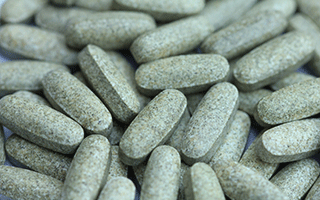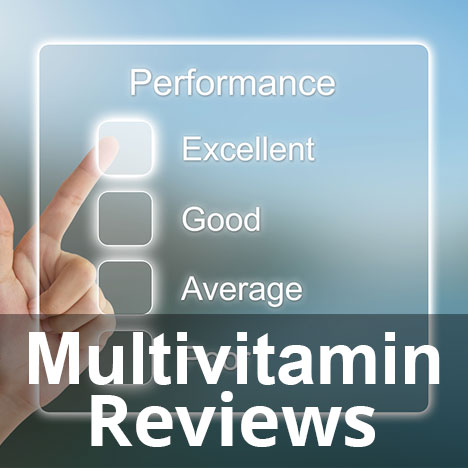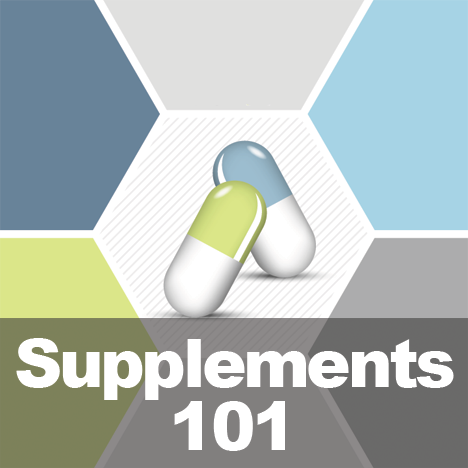
Taking Zinc Supplements
Zinc is a naturally occurring mineral, and one which is vital to many processes in the human body. It is unfortunate that Zinc oftentimes passes under the radar of mineral supplementation, not to mention most diets, for Zinc is one of the most effective minerals at fighting off common illnesses, such as colds. To put this in better perspective, zinc deficiency is the fifth leading risk factor for the development of disease in developing countries. In fact, one-third of the entire world population is at risk of having a zinc deficiency!
Needless to say, taking zinc supplements are an absolute must in many circumstances. Men especially benefit from zinc supplements, for in addition to its role in activating white blood cells necessary for fighting infections, protecting against viruses and healing, zinc helps boosts sperm count and is widely used to treat prostate disorders, i.e., a cancer-prone enlarged prostate. For the estimated two billion people in developing countries said to have a zinc deficiency, zinc supplements are used to treat severely malnourished children, most of whom suffer from chronic diarrhea. And for children with growth deficiencies and/or those with low birth weights, zinc supplementation is vital in helping prevent disease and even death.
While Zinc is probably most famous for its immunity role in reducing the severity of the common cold (to be first taken within the first 24 hours of cold onset), the source of zinc’s essential role in maintaining health lies within human enzymes (catalytic proteins). In fact, zinc is found in over 200 enzymes (and 3,000 out of the 100,000 proteins in the body), which are vital in regulating cell growth, protein synthesis, metabolism, hormone levels and even in the transcription of genes.
Think of it this way: When the human body makes new tissue, i.e. is healing itself from injury or generating energy, every cell involved in these processes depends on zinc to divide and replicate itself. This is the same concept behind immunity, which zinc supplementation obviously helps aid. Other benefits of taking zinc supplements include improved night vision (Zinc is highly concentrated in the retina of the eye), preventing bone and hair loss, treating skin conditions and controlling diabetes.
Hopefully, a clear picture has been painted regarding zinc’s importance in maintaining health. But why the high rate of deficiency? Obviously, this can largely be tied to an insufficient diet. However, malabsorption and many chronic illnesses, such as diabetes, liver disease, sickle cell disease and renal disease can all contribute to a deficiency in zinc, consequentially requiring zinc supplementation. Vitamin A and Vitamin D deficiencies can also lead to zinc deficiency.
Being that Zinc is a mineral found in the Earth, it would stand to reason that plants are a good source of zinc. However, depending on soil conditions, these levels can greatly vary. High pH soils are not conducive. When levels are sufficient in the soil, however, the plants (plant foods) which provide the best sources of zinc are wheat germ and wheat bran, sesame, sunflower, pumpkin, poppy and mustard seeds, beans, nuts and whole grains. Vegetarians especially should be conscious of getting proper zinc supplementation, for the highest concentrations of zinc are found in red meats and liver.
Just how much zinc is needed by the body? The RDA for taking zinc supplements is 8 milligrams per day for women and 11 mg/day for men. As mentioned, vegetarians, as well as the elderly and people with certain chronic diseases such as diabetes and renal deficiency, may require more in terms of zinc supplements. Considering that excess zinc can pose toxic and harmful, it is recommended to not exceed 40 mg/day. Of course, always seek your physician’s advice before going on a steady zinc supplementation regiment.




